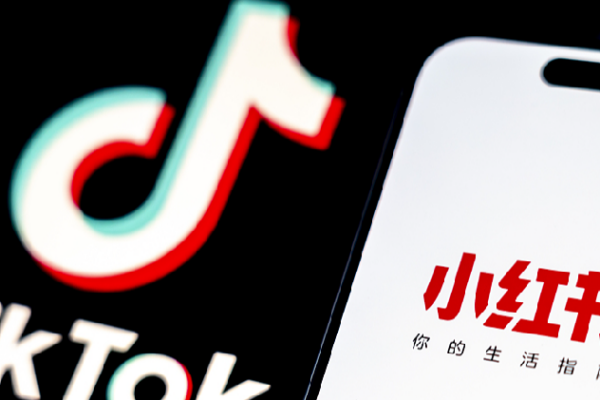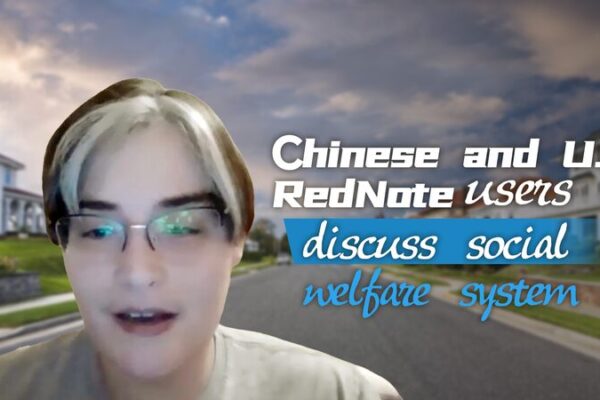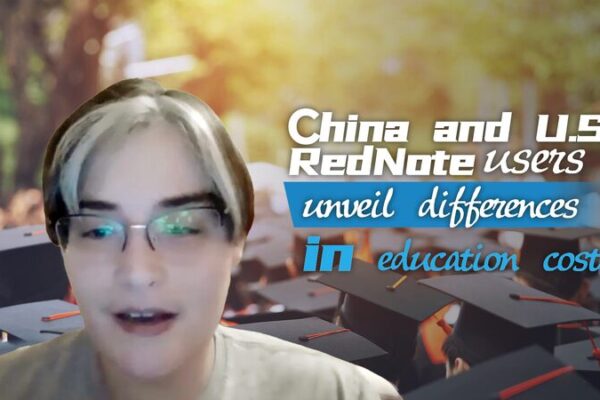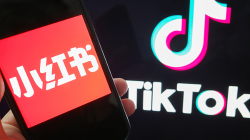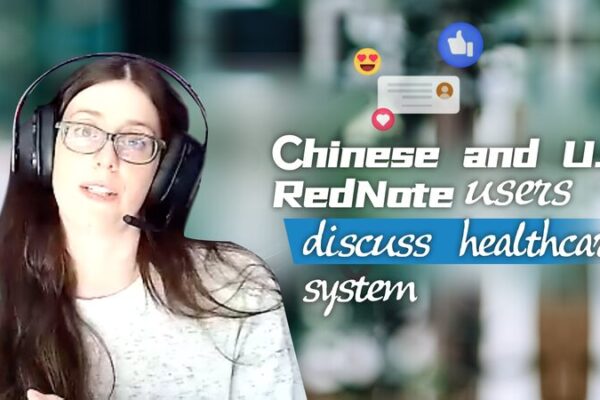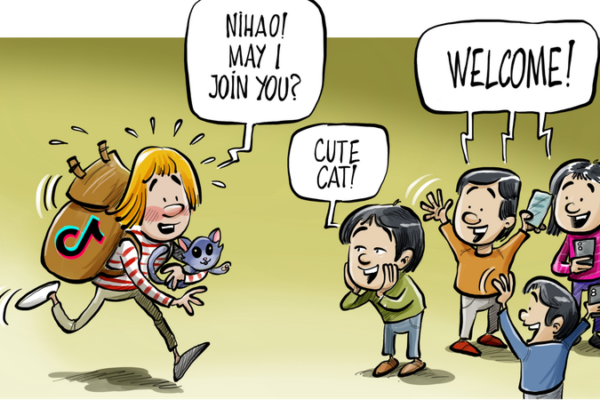As the debate over TikTok’s future in the United States intensifies, many American creators are finding a new home on Xiaohongshu, a Chinese social media platform known as RedNote. This migration has sparked a wave of cross-cultural exchanges, with Chinese and American netizens comparing their daily lives in a trend known as \”life audits.\”
The conversations cover everything from salaries and rent to healthcare costs and education expenses. These candid discussions are challenging long-held stereotypes and offering fresh perspectives on life in both countries.
American users often share their struggles with high living costs, especially in urban areas. \”I received a bill for a routine checkup—it was over $500,\” one user lamented. \”Medical expenses are a constant worry.\”
In contrast, Chinese netizens highlight the affordability of goods and services in their country. \”In my hometown, I can buy a decent apartment for the price of a parking space in San Francisco,\” a Chinese user pointed out. Such comparisons shed light on the economic and cultural differences shaping everyday life.
Cultural exchanges extend beyond economics. Chinese users are surprised by the global popularity of C-pop artists like Jackson Wang, while American users express fascination with classic bands like The Beatles and The Rolling Stones. These interactions open dialogues about music’s evolution and the influence of different cultures on global trends.
More importantly, these \”life audits\” are humanizing the experiences of people on both sides. A Chinese student studying in the U.S. shared, \”I was surprised to learn that many of my classmates work part-time jobs to cover their tuition and living expenses. It changed my perception of American student life.\”
By sharing personal stories, users are breaking down misconceptions and fostering empathy. These online discussions have the potential to influence broader societal understanding and even inform policy debates on issues like healthcare and education.
The growing trend on Xiaohongshu demonstrates the power of social media to bridge cultural gaps. As more young people engage in these conversations, they contribute to a more nuanced and realistic view of life across the globe.
Reference(s):
Life 'audits' on Xiaohongshu demolish cross-cultural stereotypes
cgtn.com


